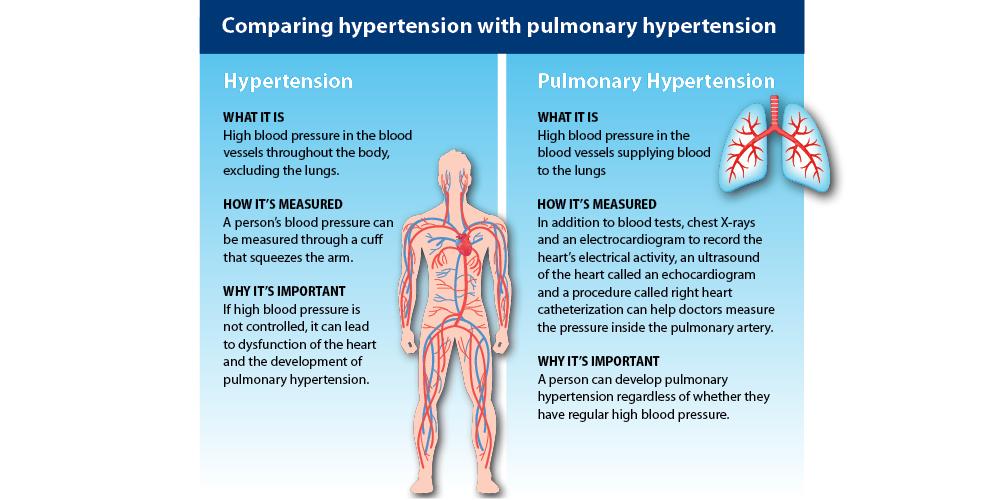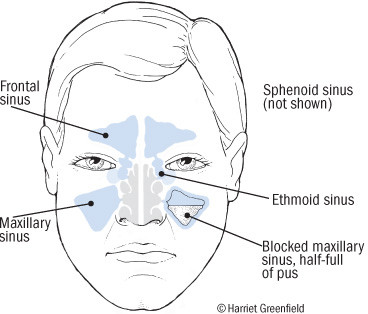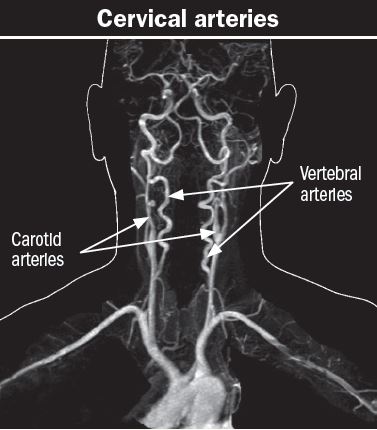Chest pain is a common symptom that can be caused by a variety of conditions, ranging from benign to life-threatening. It’s important to understand the different characteristics of chest pain and when to seek medical attention.
Chest pain is typically felt in the front of the chest and can be described as sharp, dull, pressure, heaviness, or squeezing. Accompanying symptoms may include pain in the shoulder, arm, upper abdomen, or jaw, along with nausea, sweating, or shortness of breath. These symptoms can signal a heart-related issue, such as a heart attack, and require immediate medical attention.
However, not all chest pain is related to the heart. Chest pain that is brief, localized, triggered by eating or movement, and doesn’t worsen with exercise is likely unrelated to heart problems. It can be caused by various other conditions like thoracic outlet syndrome (TOS), which affects the upper body, including the arms, hands, armpits, upper back, neck, and chest area, causing pain, weakness, numbness, and tingling.
Neck pain, which can sometimes be associated with chest pain, can also have various causes. A cervical artery dissection, for instance, involves unusual, persistent neck pain, often accompanied by a severe headache. This type of neck pain may spread along the side of the neck and up toward the outer corner of the eye. On the other hand, a vertebral artery tear might feel like something sharp stuck in the base of the skull.
Some chest pains, such as those caused by myocarditis (heart muscle inflammation), pulmonary embolism, or gastroesophageal reflux disease (GERD), can mimic heart-related pains. Myocarditis often presents with fever, fatigue, and trouble breathing alongside chest pain. A pulmonary embolism, which is a blood clot in the lungs, can cause chest pain accompanied by a fast or irregular heartbeat, sudden difficulty breathing, or feeling lightheaded or faint.
It’s crucial to recognize when chest or neck pain warrants urgent medical attention. If the pain is severe, persistent, or accompanied by other symptoms like difficulty breathing, sudden nausea, cold sweat, or a feeling of lightheadedness, it’s important to seek medical help immediately.
For more detailed information, you can visit Wikipedia for a comprehensive overview of chest pain, Harvard Health for insights on differentiating heart-related chest pain from other types, and HSS for information on thoracic outlet syndrome.

In summary, while chest pain can be a sign of a heart attack or other serious condition, there are many other possible causes. Knowing the different characteristics of chest pain and associated symptoms is key to understanding when to seek medical attention.


